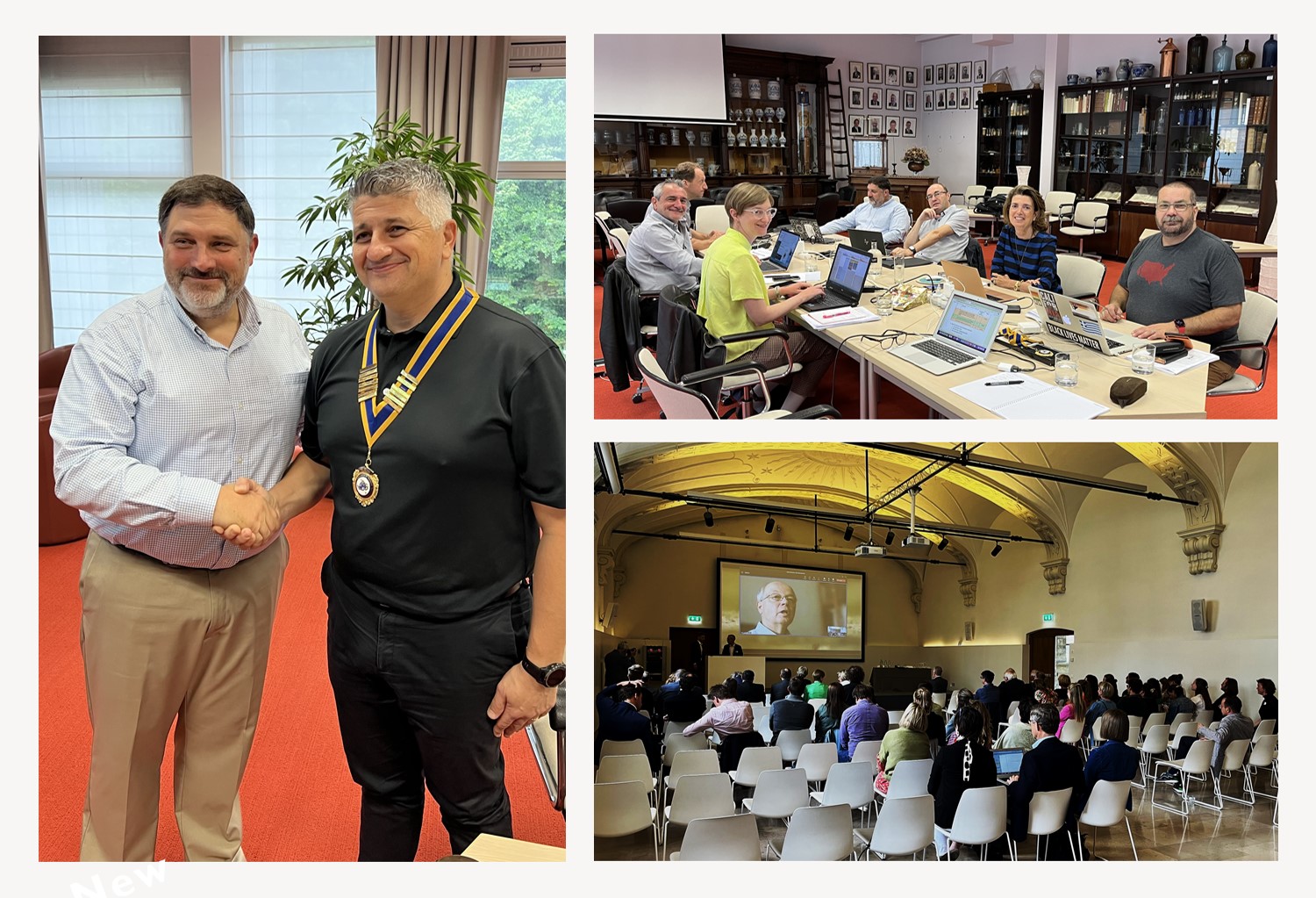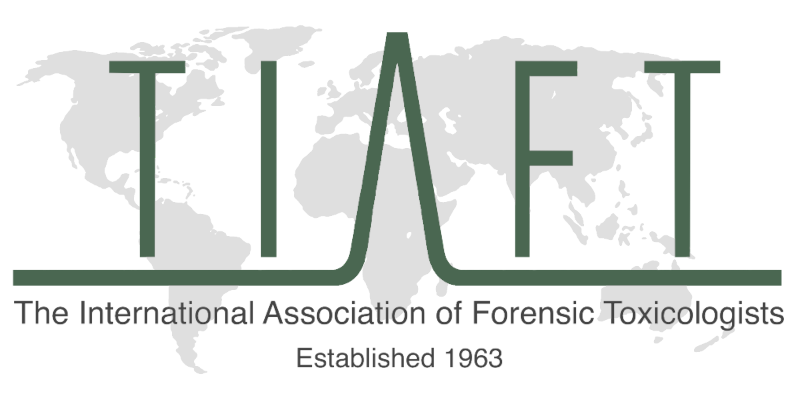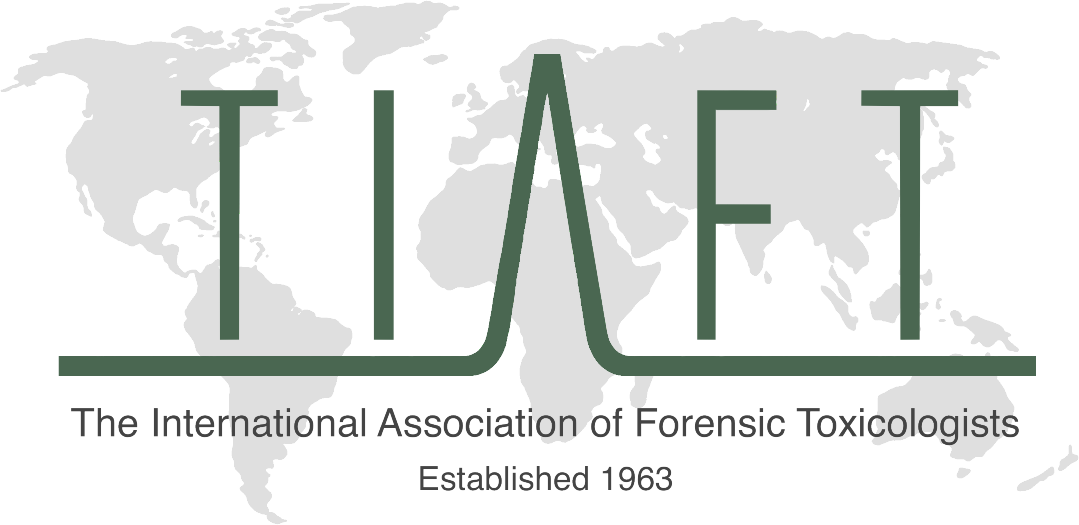Published on: 09-06-2022

Highlights from the recent Board meeting in Ghent, Belgium. Left: Past President Marc LeBeau and President Dimitri Gerostamoulos; Top right: The new TIAFT Board meets in-person for the first time; Bottom right: Symposium celebrating the retirement of Prof. Dr. Alain Verstraete
Dear Colleagues and Friends,
I have recently returned from our first in-person board meeting in Ghent, Belgium. This was the first time in almost 3 years that we physically met to discuss and commit to our plan for the next three years as part of this Board’s responsibilities to TIAFT and our membership.
These meetings are invaluable as they give us the opportunity to have robust discussions relating to a busy agenda for the benefits of our association. We welcomed (in-person) to the board our newest members – Sarah Wille, Jean-Claude Alvarez and Nikolas Lemos. The venue for the meeting was Ghent University – in the Pharmaceutical Sciences faculty room. Why Ghent? Well, it will become apparent as you read on.
Our agenda was very full, and we discussed and made decisions on many important, strategic outcomes for the association. One of those relates to the threshold for determining which countries are eligible for Developing Country Fund (DCF) status.
The threshold of $20,000 USD has remained in place since 2006 and it is now time to adjust that threshold in-line with changes in the world economy over that last 16 years. We used the World Bank website which has a compilation of relevant, high-quality, and internationally comparable statistics about global development and country status (https://data.worldbank.org/). Overall, the world gross national income per person (GDP) has increased roughly 50% from 2006 to 2020 (latest available figures). As a Board, we have decided to increase the existing threshold using a similar percentage, raising the DCF threshold from $20,000 to $30,000 USD. This indicator (GDP) provides per capita values for gross national income expressed in current international dollars converted by purchasing power parity (PPP). This means that countries below this threshold will have their status changed from Standard to DCF. A full updated Excel spreadsheet will be placed in the members’ section of the website. In short, it means that countries such as Argentina, Turkey, Greece, Bulgaria, Chile, Uruguay and others will now be converted from Standard to DCF status. This change in DCF status will commence in January 2023. The threshold will be reviewed every three years, after the election of a new TIAFT Board. Standard Members who have already paid their dues will not be eligible for a refund because of the change to DCF status. Members can still choose to be a Standard TIAFT Member even though they reside in a DCF country. Standard Members do receive additional benefits as a member including access to JAT and a hard copy of the Bulletin.
TIAFT relies on membership dues and other income (typically generous donations from annual meetings) to maintain a viable financial association. We have decided to also raise our membership dues from $50 USD to $60 USD effective Jan 1, 2023. We have not raised our dues since 2008; indeed, the benefits of being a member have never been better and include subscription to the Journal of Analytical Toxicology, the TIAFT Bulletin, access to specialist toxicological committees, a dedicated podcast for TIAFT (The ToxPod), free educational seminars and reduced meeting registrations. These are but a few of the tangible benefits of belonging to TIAFT – it goes without saying that the access to expert toxicologists is second to none. TIAFT not only promotes the science of forensic toxicology throughout the world, but also assists in capacity building through grants such as the newly established Brian S. Finkle Travel Award. Being a member of TIAFT also enables international collaborations between organisations and individuals at a personal level. TIAFT also engages other toxicology associations such as the Society of Forensic Toxicologists (SOFT) and [notably this summer in Versailles] the Société Française de Toxicologie Analytique (SFTA), as well as many others – all for the benefit of our members.
TIAFT is an association that has had a long-standing reputation for connecting toxicologists around the world. The strategic plan for this term includes further engagement with colleagues in Asia and Africa. We wish to see TIAFT assist in local meetings, seminars and expansion of membership on these continents. We also recognise the benefit of engaging with colleagues in less developed nations to assist in strengthening our discipline. We have made great progress in countries such as Thailand, Brazil and others in assisting to develop capacity in these countries. For example, it is so pleasing to see that there are regular regional meetings in South America. But we do have a gap in Africa – we recognised this many years ago and were hoping to have a full annual meeting in Cape Town in 2020. Covid-19 unfortunately had an impact that none of us could predict or envisage. We hope that next year our South African colleague Alicia Evans and her team will have a regional meeting for toxicologists in Africa. At a recent meeting in Abu Dhabi of ISSUP (The International Society of Addiction Professionals), I was privileged to meet many colleagues from Kenya, Sudan and South Africa, all craving for TIAFT-supported regional meetings on their continent. They also asked how TIAFT could help them to develop processes and assist with laboratory functions.
The same is true for parts of Asia where TIAFT has not been able to engage and expand its influence. We have gaps and declining numbers in our membership, and we look to further strengthen relationships in places such as Vietnam, Indonesia, Malaysia, India and other countries. Excitingly, we have also had increasing engagement in countries such as China, Pakistan and Thailand.
A key component of ensuring TIAFT engages scientists across the world is the work undertaken by our Regional Representatives (RR). Overwhelmingly, we have an active group of RR who promote TIAFT and look after local membership interests and issues. Some RR have been in those positions for a very long time and we thank them for their commitment and service to TIAFT. However, we conducted a survey last year which revealed that some of our members in certain countries would like our RR to be more active. And as is the case with every new Board, we have reviewed all our RR in Ghent and decided that some RR will be refreshed with new members. I will be in touch with all RR shortly and our next RR meeting will be in Versailles on the first day of the conference.
We also discussed how we could improve our educational offerings to our members. The Continuing Education Committee just recently hosted a seminar on alcohol – which by all accounts was a great success. We will establish a regular schedule with the current chair and develop a long-term seminar program for TIAFT members (also open to paying non-members). We also commit to keeping our information on our website as current as possible, and we will be reviewing every page of our website for accuracy and currency. All of our seminars and future seminar links will be available in the members’ section.
How many of our members know that Randall Baselt founded the Journal of Analytical Toxicology in 1977? We were all saddened with Randall’s passing, and as a small token of appreciation for his contributions to forensic toxicology, we have established an award in his name. The Randall Baselt Award will be awarded to a TIAFT member each year who has served as the lead author of a paper that improves our ability to interpret drug concentrations and is published in the Journal of Analytical Toxicology, the official journal of TIAFT. The full details of this award can be found in the members’ section (TIAFT Randall Baselt Award Guidebook). TIAFT sincerely thanks the Center for Forensic Science Research and Education (CFSRE) at the Fredric Rieders Family Foundation for generously providing long term support for the Randall Baselt Award within TIAFT. This annual award will be in the amount of $500 USD to the awardee.
The other significant reason for choosing Ghent as our meeting place was so we could attend the symposium of Prof. Dr. Alain Verstraete, celebrating his retirement. Alain is known to all TIAFT members, as he has been a past president of TIAFT and attended his first TIAFT meeting in 1988. He has contributed significantly to toxicology and has established himself as a highly respected scientist and most of all a friend to all TIAFT members. The celebration was held at the Convention Centre – Het Pand in Ghent and was hosted by Veronique Stove and Nick Verougstraete.
Please don’t forget to register and book your accommodation for Versailles – the meeting is fast approaching, and we look forward to a terrific meeting hosted by Jean-Claude Alvarez, Amine Larabi and their team. It’s quite a full program both scientifically and socially – I look forward to seeing as many of you as possible in France in early September.
Until then, take care
Dimitri


